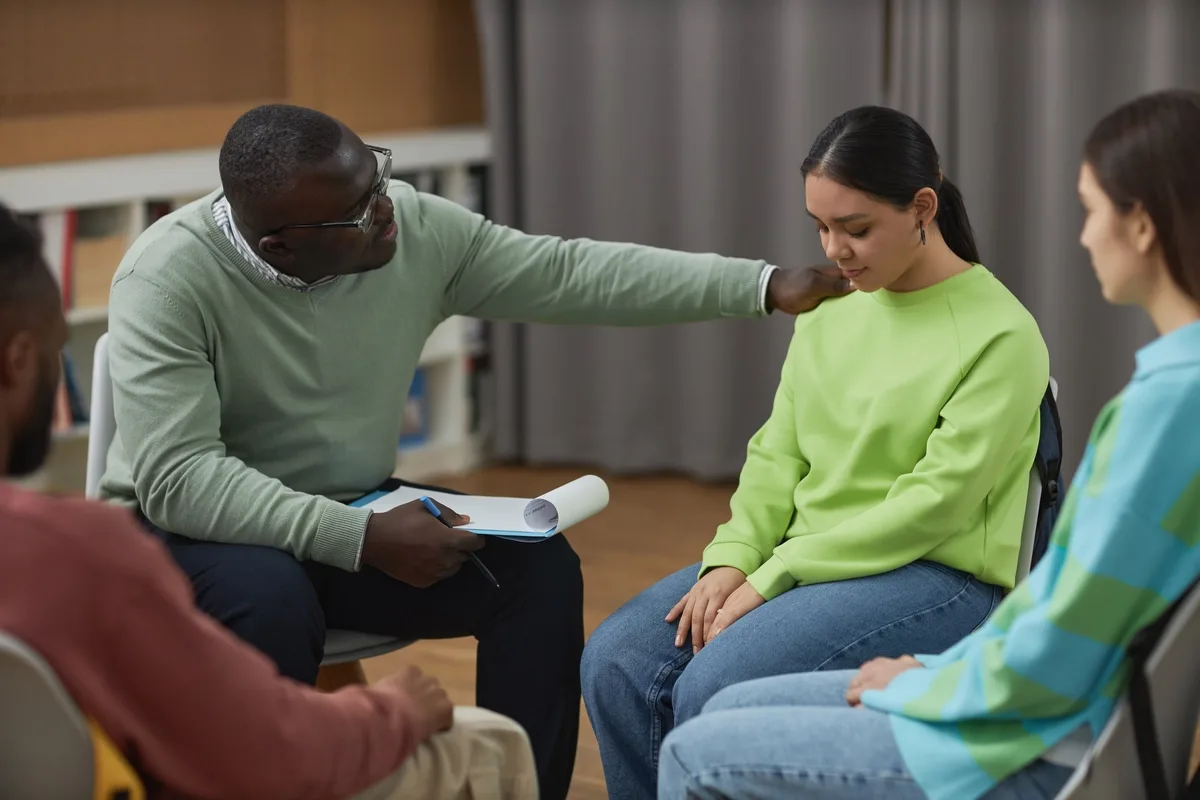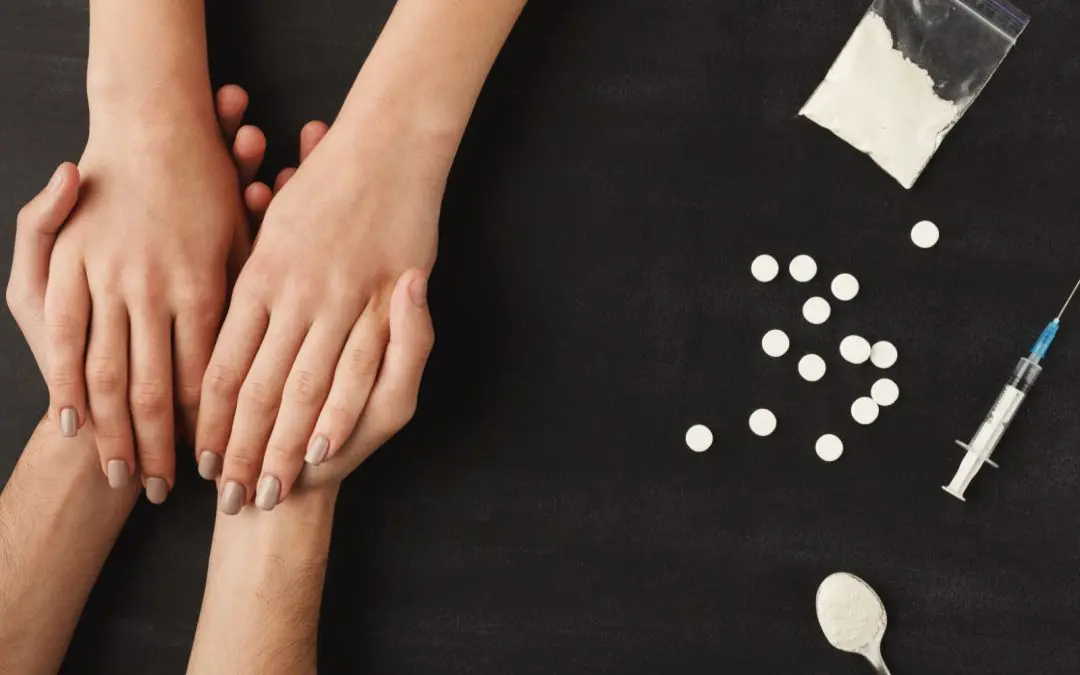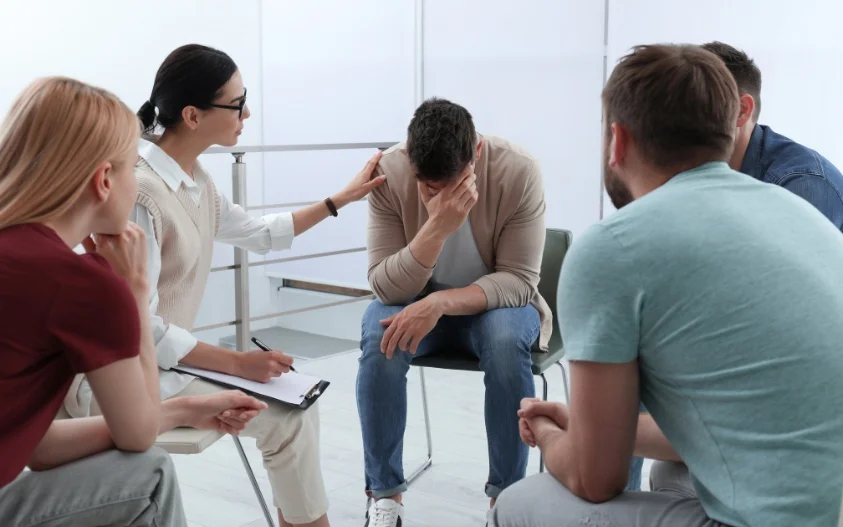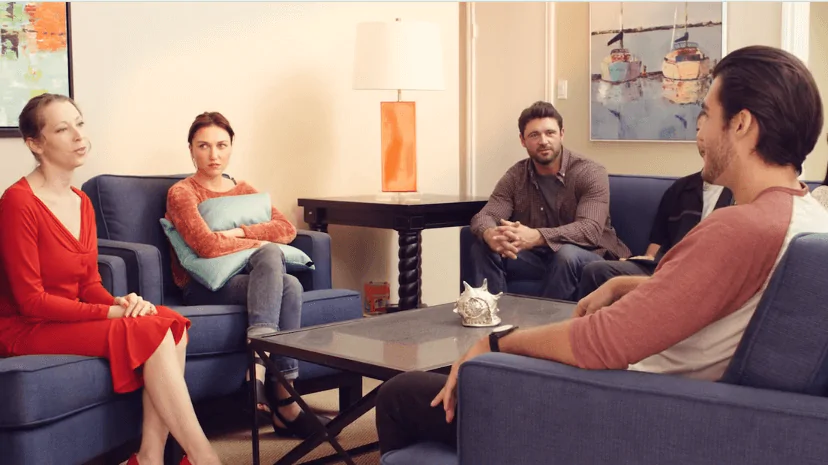24/7 Helpline:
(866) 899-221924/7 Helpline:
(866) 899-2219
Learn more about Medication-assisted Treatment centers in Union City
Medication-assisted Treatment in Other Cities

Other Insurance Options

Providence

Self-pay options

Covered California

Magellan

Ambetter
Beacon

Multiplan

Highmark

ComPsych

Carleon

Group Health Incorporated

BHS | Behavioral Health Systems

GEHA

Amerigroup

Access to Recovery (ATR) Voucher

UMR

Anthem

Choice Care Network

CareFirst

Absolute Total Care

Northstar Psychological Services
Northstar Psychological Services offers outpatient services for individuals that have a Mental Healt...

SweetApple Health Group
SweetApple Health Group is a private rehab located in Roswell, Georgia. SweetApple Health Group spec...

Summit Counseling Center
Summit Counseling Center is a private counseling clinic located in Johns Creek, GA. Summit Counselin...

Foundations Atlanta at Roswell
Foundations Atlanta offers comprehensive and compassionate outpatient in flexible daytime and evenin...

DecisionPoint Wellness Center
DecisionPoint Wellness Center is a private rehab located in Alpharetta, Georgia. DecisionPoint Welln...

Detox with Dignity
Detox with Dignity is a private rehab located in Alpharetta, Georgia. Detox with Dignity specializes...

Johns Creek Alpharetta Counseling
Johns Creek Alpharetta Counseling is a private rehab located in Alpharetta, Georgia. Johns Creek Alp...

Total Home Detox
Total Home Detox is a concierge service offering medical detox in the comfort of the patients home.

Sunrise Detox Atlanta
Sunrise Detox Atlanta is a public rehab located in Alpharetta, Georgia. Sunrise Detox Atlanta specia...

Embark at Atlanta North
Embark at Atlanta North is a private rehab located in Alpharetta, Georgia. Embark at Atlanta North s...

Positive Impact Health Centers
Positive Impact Health Centers is a behavioral and mental health treatment provider in Duluth, Georg...

Waubonsie Mental Health Center
Waubonsie Mental Health Center is a private rehab located in Red Oak, Iowa. Waubonsie Mental Health ...

The Duluth Bethel
The Duluth Bethel is dedicated to serve men and women who are struggling with substance abuse issues...

CADT – Center for Alcohol and Drug Treatment
Center for Alcohol and Drug Treatment (CADT) provides chemical health, substance abuse and addiction...

Arrowhead House East – Intensive Residential Treatment
Arrowhead House East - Intensive Residential Treatment is a private rehab located in Duluth, MN. Arr...

Genesis Recovery Services
Located in Anchorage, Alaska, Genesis Recovery is an alcohol and drug rehab facility that provides a...

Arrowhead Psychological Clinic
Arrowhead Psychological Clinic is a private rehab located in Duluth, Minnesota. Arrowhead Psychologi...

Birch Tree Center
Birch Tree Center is a private residential rehab offering substance use disorder treatment for adult...

CADT – Howard Friese House Hillside
CADT - Howard Friese House Hillside is a 12-bed residential facility for men and is designed to prov...

Essential Behavioral Health Services
Essential Behavioral Health Services is a private rehab located in Duluth, Minnesota. Essential Beha...

Life House
LIFE HOUSE is a non-profit rehab located in Duluth, MN. LIFE HOUSE specializes in the treatment of M...

St. Luke’s Mental Health – Denfeld Medical Clinic
St. Luke’s Mental Health–Denfield Medical Clinic, in Duluth, Minnesota, provides comprehensive menta...

St. Luke’s Mental Health – Hillside Center
St. Luke's Mental Health - Hillside Center offers an outpatient treatment program for individuals st...

Alano Club
Alano Club is a private rehab located in Duluth, Minnesota. Alano Club specializes in the treatment ...

CADT – Intensive Outpatient Treatment
CADT - Intensive Outpatient Treatment provides chemical health, substance abuse and addiction treatm...

La Casa Community Behavioral Health
La Casa Community Behavioral Health is a private rehab located in Roswell, New Mexico. La Casa Commu...

New Mexico Rehabilitation Center
New Mexico Rehabilitation Center is a public rehab located in Roswell, New Mexico. New Mexico Rehabi...

Recovery Services of Southern New Mexico
Recovery Services of Southern New Mexico is a private rehab located in Roswell, New Mexico. Recovery...

Behavioral Medicine Associates
Behavioral Medicine Associates is a private outpatient mental health group located in Roswell, NM. B...
























Centered Recovery Programs
Centered Recovery Programs is a private rehab located in Roswell, Georgia. Centered Recovery Program...

Georgia Recovery Centers
Georgia Recovery Centers is a private rehab located in Roswell, Georgia. Georgia Recovery Centers sp...

Reece Counseling
Reece Counseling is a private rehab located in Alpharetta, Georgia. Reece Counseling specializes in ...

North Fulton Treatment Center
North Fulton Treatment Center is a private rehab located in Roswell, GA. North Fulton Treatment Cent...

Medlock Bridge Counseling Center
Medlock Bridge Counseling Center is a private rehab located in Duluth, Georgia. Medlock Bridge Couns...

Family Recovery Counseling Center
Family Recovery Counseling Center is a private rehab located in Roswell, Georgia. Family Recovery Co...

Northwest Behavioral Medicine
Northwest Behavioral Medicine is a private rehab located in Roswell, Georgia. Northwest Behavioral M...

Solutions Outpatient Program
Solutions Outpatient Program is a private rehab located in Roswell, Georgia. Solutions Outpatient Pr...

CADT – Woodland Hills Academy
CADT - Woodland Hills Academy is an outpatient treatment program for adolescents, established in 200...

Thunderbird – Wren House
Thunderbird - Wren House is a sober living facility that offers services for individuals that are re...

Life Renewal Adult and Teen Challenge
Life Renewal Adult and Teen Challenge is a private rehab located in Duluth, Minnesota. Life Renewal ...

Lake Superior Treatment Center
Lake Superior Treatment Center is a private rehab located in Duluth, Minnesota. Lake Superior Treatm...

CADT – Marty Mann House
Marty Mann House is a drug and alcohol rehab program that focuses on substance abuse treatment servi...

Fresh Start
The Prarie Community Service (PCS) Fresh Start facility is a drug and alcohol rehab center located i...

The Superior Treatment Center
The Superior Treatment Center is a private rehab located in Duluth, Minnesota. The Superior Treatmen...

St. Luke’s Mental Health – St. Luke’s Hospital
St. Luke's Mental Health - St. Luke's Hospital offers an inpatient treatment program for individuals...

CADT – Howard Friese House Lakeside
CADT - Howard Friese House Lakeside is a 14-bed residential facility for men and is designed to prov...

Dry Harbor Club
Dry Harbor Club is a private rehab located in Roswell, New Mexico. Dry Harbor Club specializes in th...

Serenity Club
Serenity Club is a non-profit rehab located in Roswell, New Mexico. Serenity Club specializes in the...

Alianza of New Mexico
Alianza of New Mexico is a non-profit rehab located in Roswell, New Mexico. Alianza of New Mexico sp...

Rescare
Rescare is a private rehab located in Roswell, New Mexico. Rescare specializes in the treatment of a...








































































